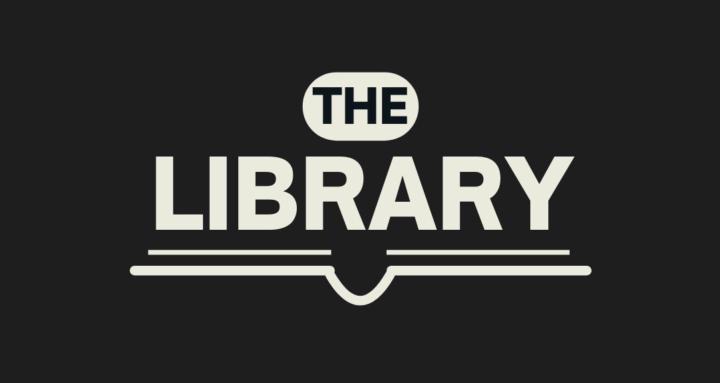Mar '25 (edited) • Mentality 🧠
Don’t Make Assumptions (A Toltec Wisdom)
Whenever you make an assumption, you are asking for problems.
If you don't understand, then ask, don't make assumptions. (The Third Agreement).
I read this when I was 17. It was around this time that I also discovered Murphy’s Law: Everything that could go wrong, will go wrong. At the time, I was a waiter, and being new to the job I’d always forget to ask things like “chips or fries?”, or “did you want gravy with that?”, or what size wine they wanted. For a couple of my first orders I made assumptions ‘oh they’ll just have a medium glass,’ I’d say, too scared to go back over to the table out of fear of bothering them or appearing stupid, but without fail, every single time it bit me in the backside. They’d always complain “I wanted chips not fries.” Or “I thought it came with gravy.” Or “no I wanted the pub classics smothered chicken, not the original smothered chicken.” The assumptions I made would always go wrong, and so when I read the third agreement: Don’t make assumptions; I implemented it immediately and not only my job, but my life became easier too.
We need to have the courage to ask questions until we’re as clear as we can be, and even then, we can’t assume we know all there is to know about a given situation. When we are afraid to ask for clarification, we end up making assumptions, and these assumptions cause suffering because we always implement our biases on any given circumstances. We assume that people will judge us, victimise us, abuse us and blame us so before we give someone an opportunity to do this to us, we reject ourselves. When we make assumptions we make the agreement that we are not safe to ask questions.
The day you stop making assumptions we begin to communicate cleanly and clearly, free of emotional poison. When we make assumptions about what others are doing or thinking we take it personally, and then we blame them and react by sending emotional poison into the world.
In my past relationships I’d frequently make assumptions: A slow reply meant there was a problem, a “ily” instead of an “I love you” meant there was a problem. I’d also assume she knew what I was thinking, feeling and doing at any given time. If someone she told me something, I made assumptions, and if she didn’t tell me something, I made assumptions to fulfil my need to know and replace the need to communicate. It is always better to gain more facts about a circumstance, or perhaps we need to stop lying to ourselves about what we truly want.
We make assumptions about what others are doing or thinking - we take it personally - then we blame them and react by sending emotional poison into the world. The lesson is simple. Don’t make assumptions.
————————————————————————————————————————————————————————————————————————————————————————————
Ruiz. D. M. (1997). The Four Agreements. §4. The Third Agreement: Don’t Make Assumptions.
2
2 comments
Suggested communities
Powered by

